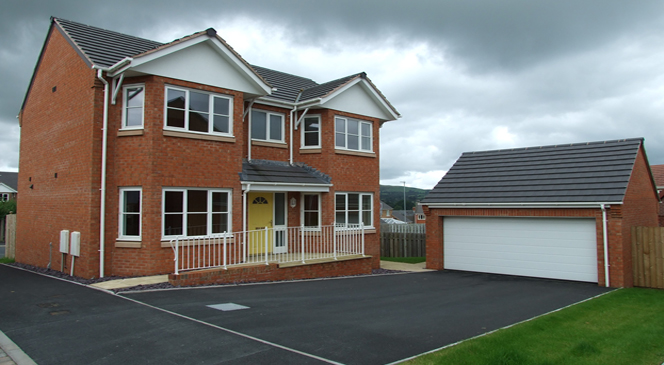Letting Guide
Finding a new place to live can be a very stressful activity, particularly if you do not go armed with the right information. It is important to start any new tenancy on the right foot; most people do not move home very often so viewing a new property can be a daunting and novel experience.
Make a good impression:
- Be friendly. Your new landlord won’t bite s/he is a person just like you and the viewing will be much more pleasant if you get along.
- Be punctual. Your landlord may have a number of appointments to view the property so may not appreciate being kept waiting.
- Be honest. It is far better to be upfront about your circumstances now, than try to resolve a problem later.
- Bring any references with you. If you decide that you like the property it will be much easier t secure it if you have proof of identity with you.
- If you don’t know, ask. If you are uncertain about an aspect of the tenancy, or the accommodation don’t be a afraid to ask.
Knowing the right questions to ask of your potential landlord can avoid a lot of confusion in the long-run.
Key questions any landlord should be able to answer:
What is the rent, what is included and when is it due?
This is very basic information, but it is essential that there is no misunderstanding. Many landlords will expect you to set up a standing order to pay the rent on a certain day every month. This is easy to do and can save time and effort.
How long is the tenancy and what happens afterwards?
Most tenancies will be for six or twelve months, but may be allowed to continue indefinitely if there have been no problems during the fixed term.
What about repairs and maintenance?
Landlords have a responsibility to maintain the fabric of their property and certain facilities. But it is worth asking how:
- you should contact them if an issue arises, and
- how quickly they aim to respond.
If there is outside space, such a garden, it is a good idea to check who will be responsible for this – as it may vary from property to property,
Is there a deposit and if so where will it be protected?
Most landlords will require a deposit against possible damage to the property. It is usually approximately equivalent to one month’s rent and is returnable at the end of the tenancy if no issues arise.
Since April 2007 any deposit taken against an Assured Short hold Tenancy (the default tenancy in
Will you make an inventory?
While not a legal requirement a thorough inventory of the condition and contents of the property agree by landlord and tenants is very useful for the avoidance of doubt and potential disputes in the future.
Can I see the gas safety certificate?
If the property has gas appliances or heating the landlord must have an annual gas safety check, conducted by an engineer registered with ‘Gas Safe Register’. A copy of the certificate must be made available to tenants by law.
Can I see the Energy Performance Certificate?
An Energy Performance Certificate (EPC) is a document outlining the energy efficiency rating of a property – according to an <independent assessor>. These certificates are valid for ten years and are legally required for property marketed ‘to let’








